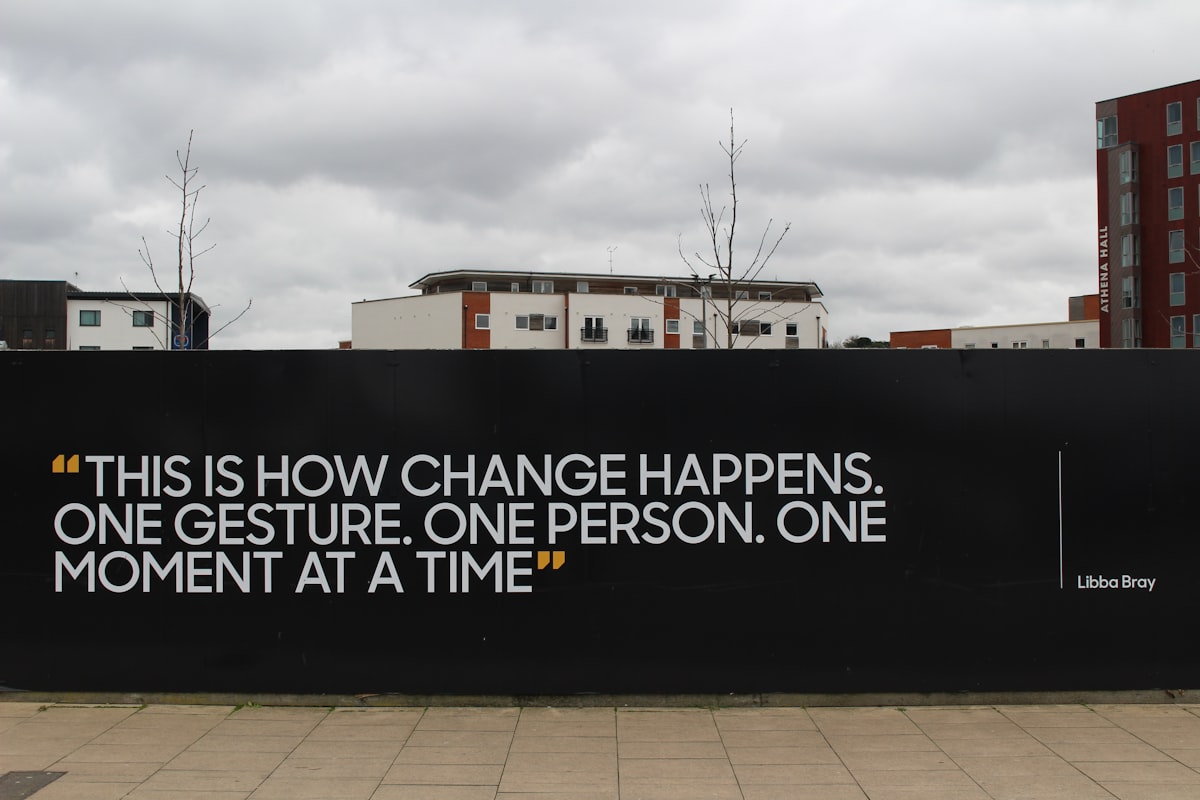Diversity, Equity, and Inclusion (DEI) are essential values for organizations and institutions across all sectors, including nonprofits, higher education, and businesses. Embracing DEI not only contributes to a more just society, but also fosters innovation, creativity, and a sense of belonging. Daniel Pink, a renowned author and motivational speaker, has identified three key elements of motivation that can be applied to promote DEI across various settings. In this blog post, we will explore Pink's three elements of motivation—Autonomy, Mastery, and Purpose—and discuss how they can be utilized to create a more inclusive environment for all.
Autonomy: Empowering Employees from Diverse Backgrounds.
Autonomy is the desire to direct our lives and make our own choices. In any setting, autonomy means providing individuals with the freedom to determine how they work, learn, or contribute. By offering more autonomy, organizations and institutions can empower individuals from diverse backgrounds to bring their unique perspectives and talents to the table.
To promote DEI through autonomy, consider:
- Implementing flexible schedules and remote work or learning options to accommodate individuals with different lifestyles, family situations, or disabilities.
- Encouraging independent decision-making and problem-solving, allowing individuals to take ownership of their tasks or projects.
- Creating an inclusive environment where everyone feels comfortable expressing their opinions and ideas without fear of judgment or discrimination.
Mastery: Cultivating Skills and Growth for All Employees.
Mastery refers to the desire to improve and develop our skills continually. Recognizing that individuals with different backgrounds and experiences will have varying skill sets and areas of expertise is crucial. By fostering an environment that encourages learning and growth, organizations and institutions can empower all individuals to reach their full potential.
To promote DEI through mastery, consider:
- Offering professional development opportunities, such as training programs, workshops, and mentorship to all individuals, regardless of their background or position.
- Encouraging collaboration and knowledge sharing among individuals from different departments, roles, and backgrounds.
- Recognizing and celebrating the unique skills and contributions of each person, helping them to see their value and feel a sense of belonging within the community.
Purpose: Aligning Organizational Goals with DEI Initiatives.
Purpose is the desire to be part of something larger than ourselves. By aligning organizational or institutional goals with DEI initiatives, leaders can create a sense of purpose for their community members and help them understand how their work or contributions play a role in creating a more inclusive and equitable environment.
To promote DEI through purpose, consider:
- Communicating your commitment to DEI and outlining specific goals and initiatives that align with your overall mission and values.
- Involving community members in the development and implementation of DEI initiatives, allowing them to take an active role in shaping the culture.
- Regularly assessing and reporting on the progress of DEI initiatives, ensuring transparency and accountability.
Embracing these principles contributes to a more inclusive and just society while harnessing the unique perspectives and experiences that diverse individuals bring to the table.



